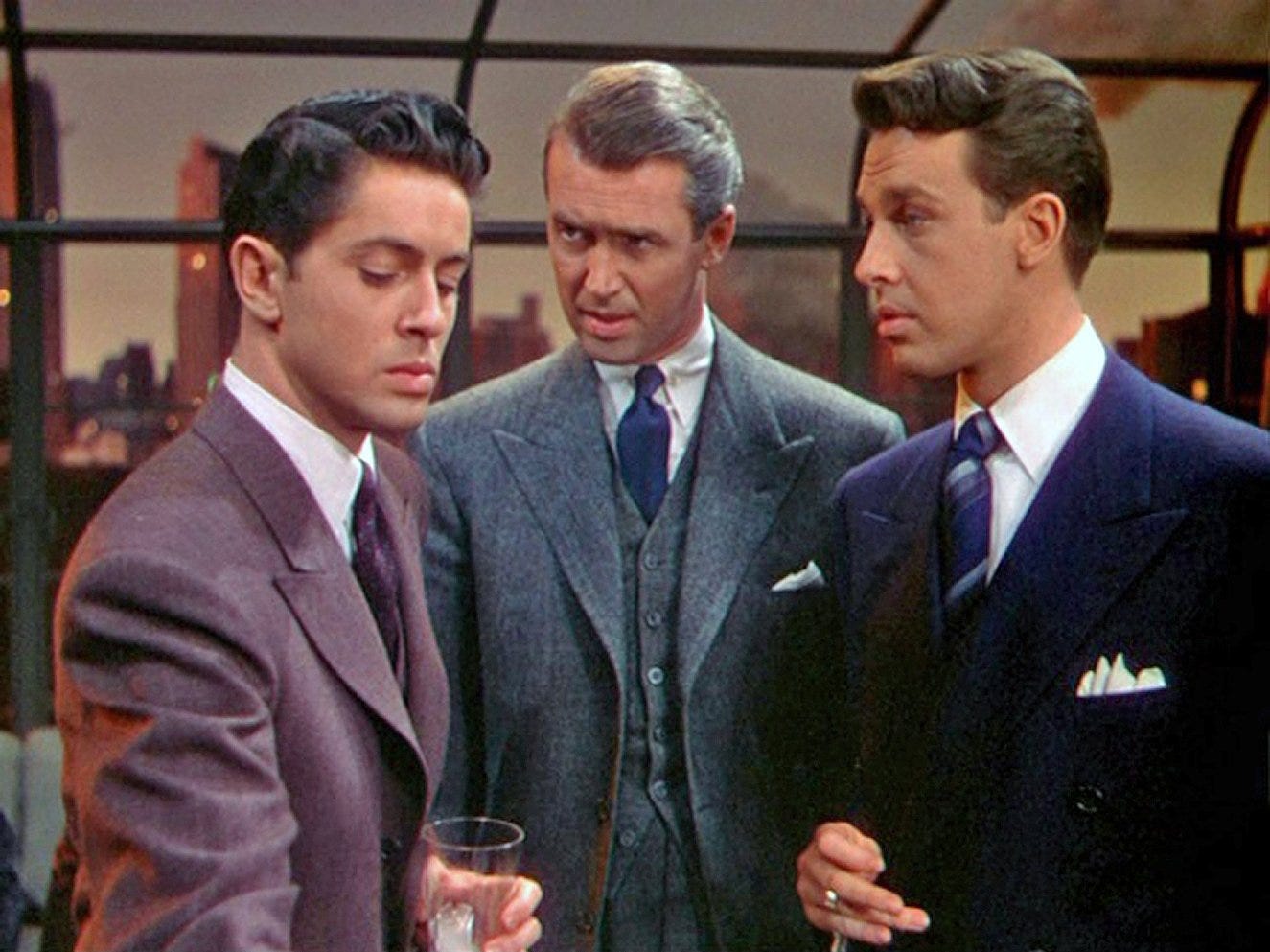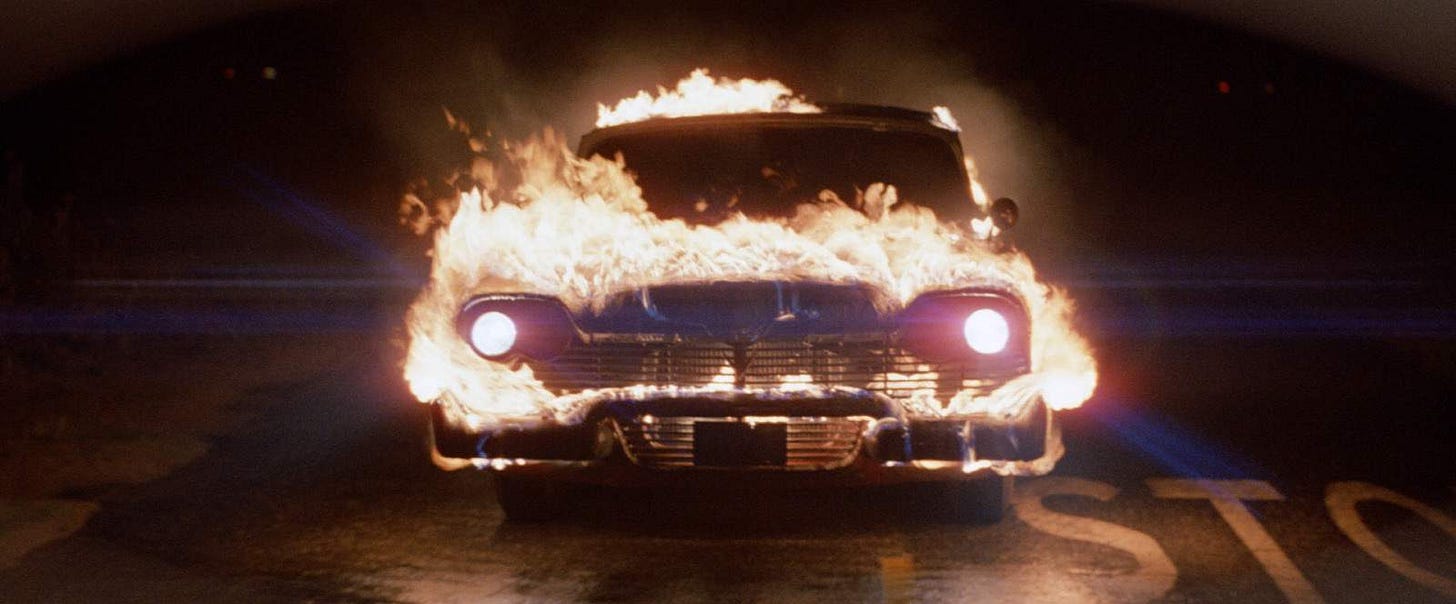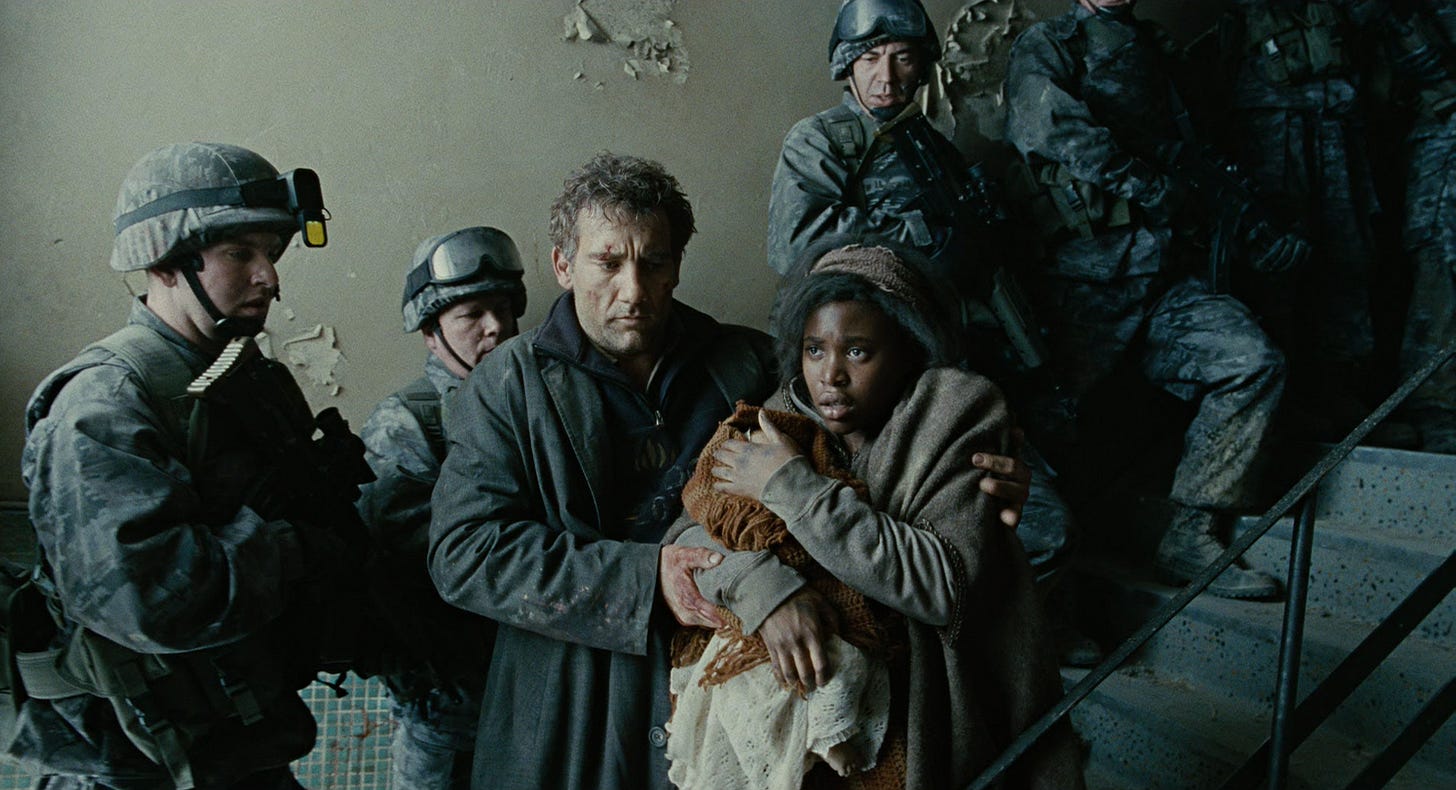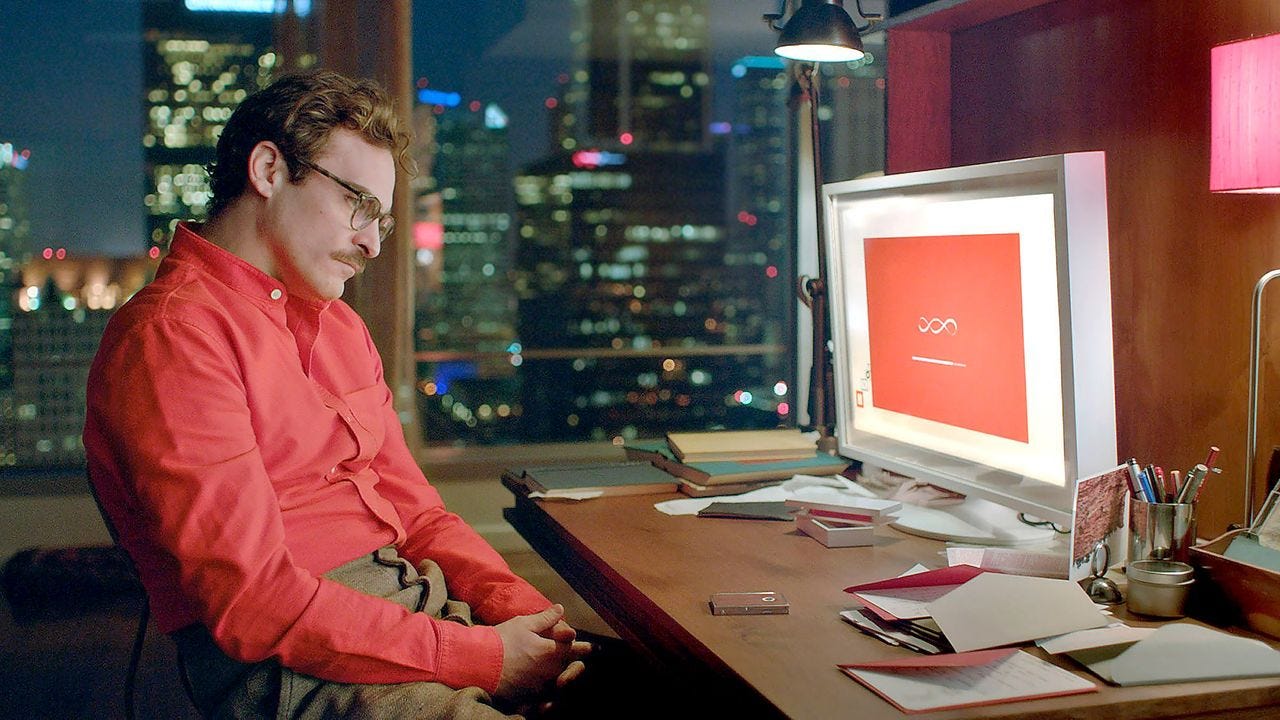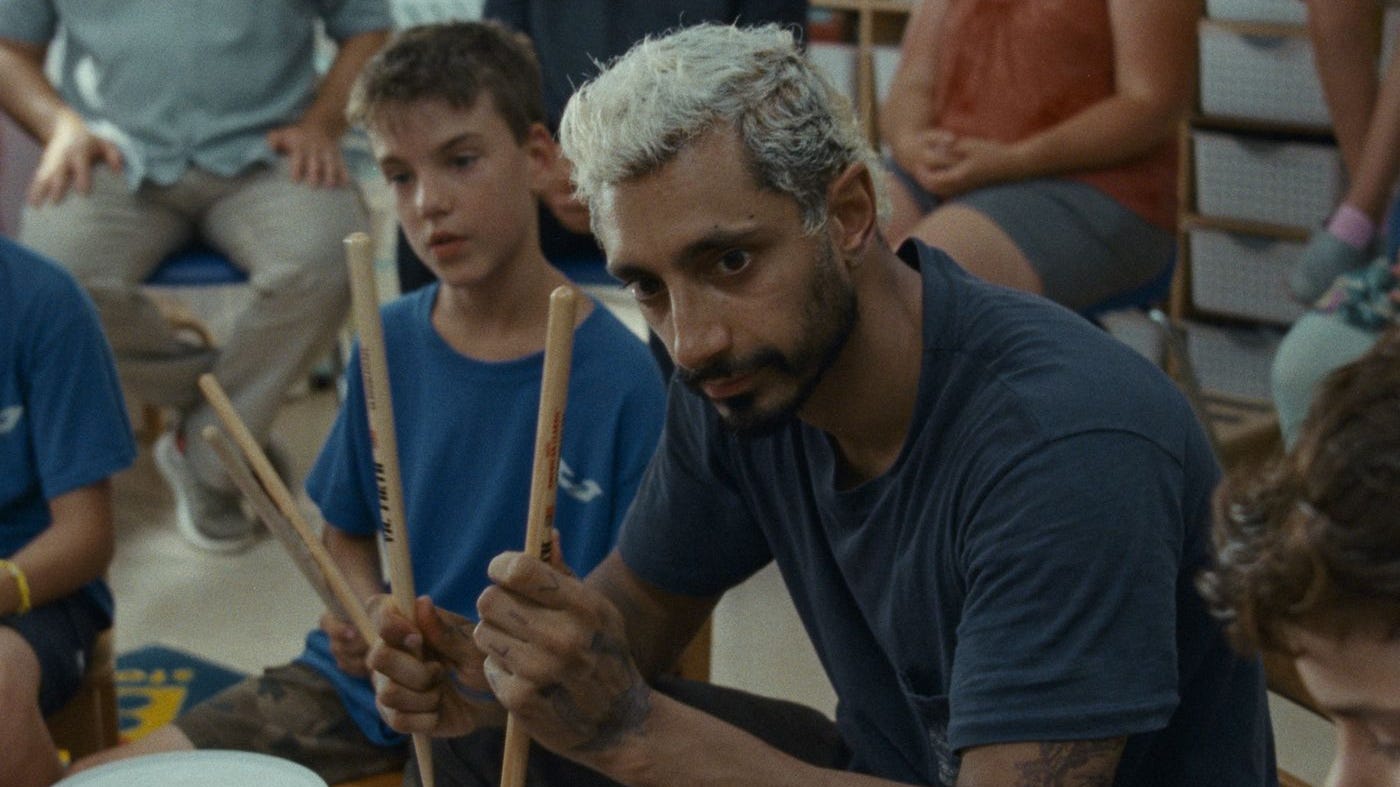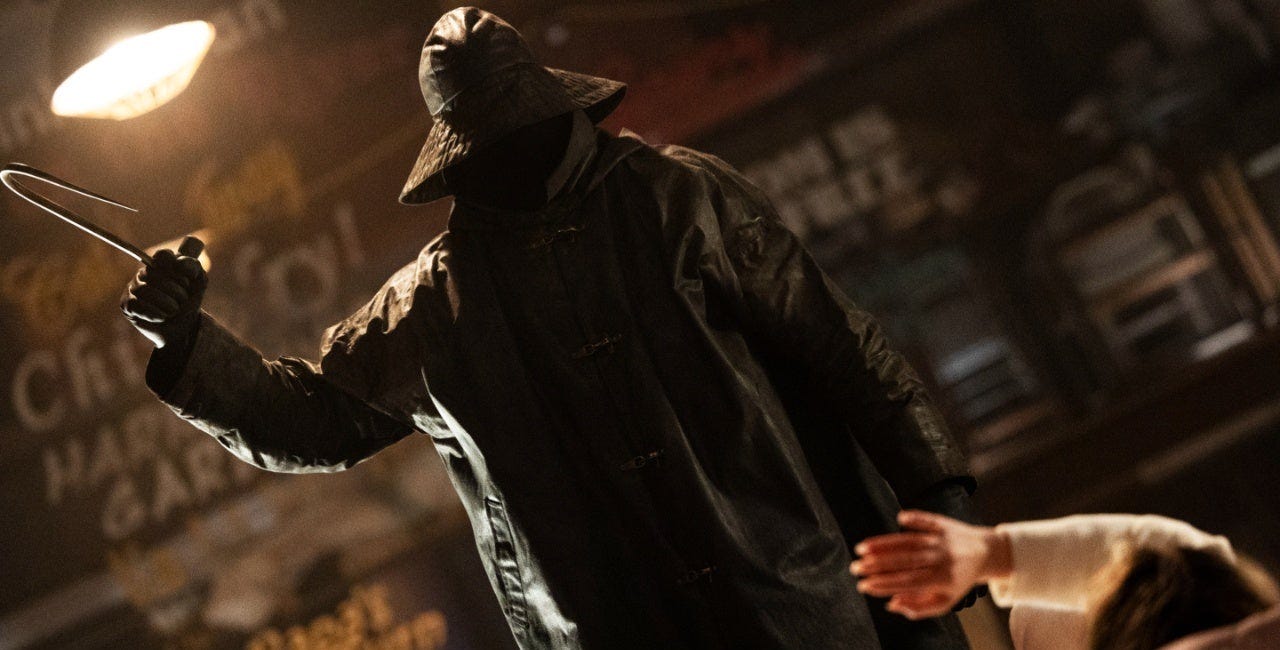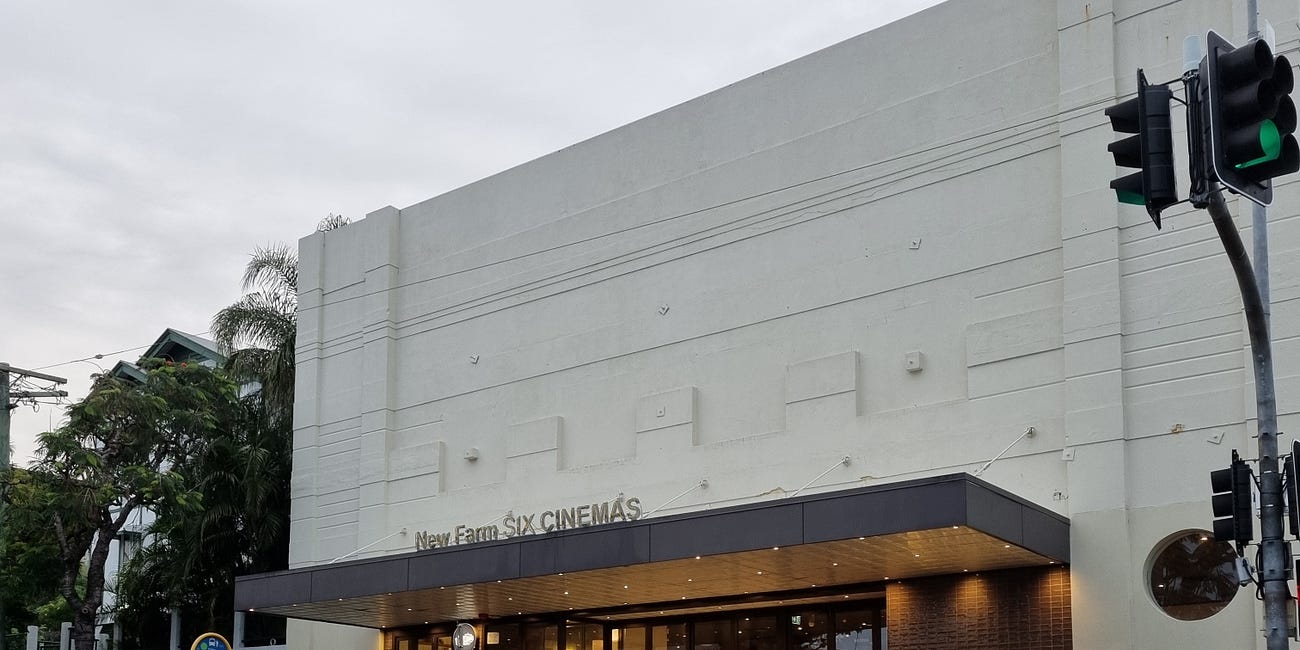What I’ve Watched This Week
All the movies I’ve seen on the big and small screen in the last seven days
I’m finding that my indication of a good film these days is if I’m still thinking about it the next day. After watching a movie, I like to sit with it for a while and ponder how it made me feel. Of course, whether or not I enjoy it purely for its entertainment value is pretty clear in the moment. But the message and technique will typically resonate with me long after the credits have rolled, especially when it’s an understated banger that I’ve discovered for myself. Sometimes they stay with me for weeks, at which point I’m inclined to declare it a new personal favourite. Sometimes I mourn the lost time and decide to never speak of it again. This week was full of gold, although now I’m scared that I’ll ruin the streak.
In most cases, the more that I reflect on a film, the more I appreciate it. If I didn’t like it initially, chances are that I still won’t like it on repeat viewing, so I don’t waste my time on it. When I feel like I’ve misunderstood an “instant classic,” I read the Letterboxd reviews and watch video essays on YouTube to see what I might be missing. But if I like it, love it even, you’ll probably know about it. Thankfully, a fair chunk of you are here for my undercooked thoughts on cinema. I also try to discuss them with others for different perspectives and to stave off the confirmation bias. We all love a hot take, right? Sinners is cool, but it’s not groundbreaking, and I cried in The Life of Chuck but still gave it three stars out of five.
Just in the past week, I’ve watched a bunch of great movies – some for the first time – that got me thinking or simply floored me with their stories and execution. From the 1940s to now, auteur directors to indie filmmakers, book adaptations to failed experiments, these are the films that I think deserve all the praise they get and we can all learn something from.
Rope (1948)
Directed by Alfred Hitchcock / Written by Authur Laurents
Somewhat of a deep cut from the master of suspense, Rope follows the unravelling of a “perfect murder” as the two culprits host a dinner party at the scene of the crime in an attempt to prove that they can get away with it. By showing the murder and hiding of the body inside a chest in plain sight early on, the tension is pulled taut from the start – like a rope – as characters unwittingly take food served from atop the chest and wonder about the missing guest. Even the dynamic between the two hosts becomes increasingly frantic and unpredictable as one begins to crack under the pressure from the inquisitive Rupert, brilliantly played by longtime collaborator James Stewart.
From a technical perspective, I think this is one of Alfred Hitchcock’s finest. It should come as no surprise that this was adapted from a play of the same name by Patrick Hamilton given that it’s blocked out like a stage performance in the one location. The entire film is made to look like a one-shot – which, of course, it isn’t – by pushing into the shadow of a passing character’s back and pulling away as another enters the room. It explores the morality of murder in sophisticated society (at the time) and how the misconstruction of what we say can lead to radicalisation. The commentary throughout leaves you with enough to chew on as you sit in uncomfortable silence with the characters in the flawless final scene.
Christine (1983)
Directed by John Carpenter / Written by Bill Phillips
It’s not Stephen King’s best book, but if anybody can elevate a B-movie concept to an A-grade horror film, it’s John Carpenter. While the idea of a possessed killer car sounds whack, there’s so much more going on here. It’s about the turmoil of adolescence, the dangers of obsession and the importance of friendship. High school loser Arnie Cunningham, played by a frighteningly good Keith Gordon, and his best friend Dennis, who drives a cool car and plays on the football team, undergo a kind of role reversal. After Arnie restores Christine – a cherry red 1958 Plymouth Fury – and Dennis is hospitalised, the toxic love between Arnie and his car becomes detrimental to both the troubled teen and those around him.
It’s kind of heartbreaking, although you can’t help but sympathise for Arnie, even when he’s being a dick, as he spirals into a dark cycle of self-destruction like a hopeless addict. The kills are pretty tame, even for ’80s standards, but there’s enough surly language to stun a sailor. The music by Carpenter and Alan Howarth is eerily effective, as always. And the practical effects! Oh, how I miss the days of real explosions and outside-of-the-box thinking in horror films. The reformation scene is the most iconic, but the shots of a flaming Christine driving down a lonely highway at night are superb. Not to mention the small but memorable roles of Robert Prosky and Harry Dean Stanton as the garage owner and detective, respectively.
Children of Men (2006)
Directed by Alfonso Cuarón / Written by Alfonso Cuarón, Timothy J. Sexton and David Arata
I had heard this praised a lot online for its cinematography but never actually saw any clips from it, so I’m glad that I managed to avoid the look and feel of its unique style until I watched it this week. It’s set in 2027, which was 20 years in the future at the time of release, but still feels believable in 2025 with the very real threat of nuclear warfare and global pandemics. The film takes place in a war-torn UK during an infertility crisis as the leader of a resistance group enlists the help of her ex-husband Theo, played by the convincing Clive Owen, to smuggle the first pregnant woman in decades to a safe humanitarian settlement. Michael Caine also plays an old wisecracking hippie that I never knew I needed.
Much of the world-building is cleverly achieved with the set design, particularly the newspapers with grim headlines plastered everywhere, and I love that the film lets the audience piece together what has happened without expositional dialogue. I mentioned the cinematography earlier and, let me tell you, it’s definitely deserving of its praise. This has the busiest and quite possibly longest one-shot that I’ve ever seen in a feature film – and for good reason, it’s not just a gimmick. There are also plenty of beautiful shots of nature at dawn with lens flares to signify the birth of a new era. It’s a little bit like The Last of Us without the zombies, but with more hope for humanity, and still leaves a lot to the imagination.
Her (2013)
Written and Directed by Spike Jonze
It’s a bold statement, but this might now be one of my favourite films of the 21st century. Not only is it earnestly poignant and deeply moving, it also feels strangely prescient for a film about AI that came out over a decade ago. Joaquin Phoenix seems to have a knack for playing tragically empathetic characters – Beau is Afraid is soul-crushing – and his role as Theodore Twombly, a charming writer in the midst of a divorce who falls in love with an operating system, voiced by the husky Scarlett Johansson, is certainly no exception. His few friends are the only people who truly understand him and respect his unconventional relationship, which emphasises the significance of trust and acceptance in such a scenario.
The film explores some interesting concepts, from the blurred ethics of engaging in sexual relations with computer software to the existential fears of oversaturation and impermanence. Most notably, I particularly like how it offers an optimistic take on AI, asking what might happen if this emerging technology could liberate us from our inhibitions rather than further isolate us when used correctly. Technically speaking, it’s nothing short of incredible. The colour and music choices in each scene seamlessly convey Theodore’s tenuous moods as he goes through the motions of leaving an old relationship and entering a new one. I’ll definitely be checking out more from Spike Jonze in the future, but consider Her a must-watch.
Sound of Metal (2019)
Directed by Darius Marder / Written by Darius Marder and Abraham Marder
This is a love story at its core, but it’s also about embracing change and letting go. It follows metal drummer and recovered addict Ruben, played by a capricious Riz Ahmed, who suddenly loses his hearing when the band is about to go on tour. His devoted girlfriend Lou encourages him to join a remote deaf community where he must “learn how to be deaf” while she tours solo to accumulate money for a cochlear implant. As he struggles to adjust to the impairment, Ruben suffers a kind of identity crisis that the community leader and Vietnam veteran Joe helps him come to terms with by teaching deaf music students. If you haven’t picked up on it already, one of the film’s biggest messages is that you can’t do it alone.
This is a genuine fear of mine and part of the reason why I always wear earplugs to live shows now. The real tragedy is that Ruben never fully comprehends that the damage is permanent and he almost seems to regret the surgery, even though it brings some of his hearing back. While the performances are fantastic, the real hero here is the sound design. The smash cuts to Ruben’s perspective are so compelling and the glitchy, robotic sounds of the cochlear implant distort even the sweetest piano and birdsong. I also love how the subtitles for the deaf conversations only appear once he learns how to sign, further immersing the audience in his claustrophobic sense of exclusion. It’s some seriously powerful stuff.
What have you watched recently that stayed with you long after the credits rolled?
Also, let me know by commenting below or replying to this email if you want to hear what I’ve been watching more frequently and I’ll consider making this a regular series on The Drip Tray. Until next time!
Craving Quality in Cultural Stagnation
I’ve been watching lots of older movies that are considered classics lately and it’s made me realise how unoriginal and unimpressive many films of the last decade or so are.
Why You Should Go to the Cinema
Welcome to your Sunday Fluff at The Drip Tray: a weekly treat of fun and fandom to indulge your sweet tooth, like an artsy latte.



